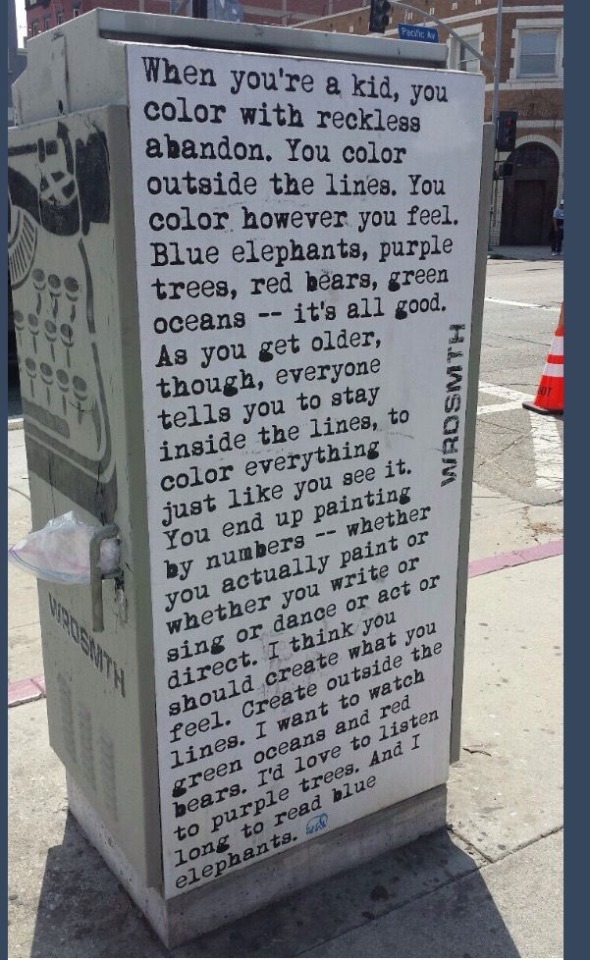My muggle goes by T and needs some place to store the inspirations behind the characters created for HOS. I roleplay Finn Brannon O'Brien, Katie Eimear O'Brien, Lewis "Lew" Bates, Elizabeth McHenry, Spencer Hadley, Avery Holmes, Aaron Henry Moore, Molly Payne, Byron Edgar Graham (Bates)(next generation), and Auralee Jasmine Belanger. This list should clue you in to the fact that I have no self control.
Don't wanna be here? Send us removal request.
Photo






Red carpets: Ben making sure Sophie is ok - requested by @thelostsmiles ↳ Oscars 2015 ▸ Doctor Strange LA premiere 2016 ▸ Avengers: Infinity War UK Fan Event 2018 ▸ BAFTAs 2015 + alternate angle (last clip courtesy of this post)
3K notes
·
View notes
Photo
#finneon






elio and oliver + first kiss close up
8K notes
·
View notes
Photo
"Focus,” she said redrawing his attention back to her. “Name ye dream and I’ll be that.”

he is way too much 😪♥️
49 notes
·
View notes
Text
@arielleclarke
“A map’s nice and all, but I don’t know where I am on it, so there’s that.”
73 notes
·
View notes
Photo
Where Katie is now (with Elliott) versus where she’ll eventually end up.








“Immature love says: ’I love you because I need you.’ Mature love says ’I need you because I love you.’” - Erich Fromm
207 notes
·
View notes
Photo



Here, let me play with your collar and blatantly stare at your chest while you act like this is nothing out of the ordinary, because that’s just how we roll.
5K notes
·
View notes
Note
Do you have any resources to help writers with narrative voice vs character dialogue? I'm seeing more overlap recently where the narrative voice is so strong it bleeds into the character's voice, making all the characters kinds blend instead of finding their own voice.
Hi there! Thanks so much for the question!
Having a strong narrative voice is fantastic–it’s one of the things that’s most often lacking in manuscripts–but it’s vital to make sure you keep the character of the narrator and the other on-screen characters separate and distinct. You don’t say what type of POV you’re using, which can have a big impact on how you try to tackle the issue, but let’s give this a shot.
What’s important to them? And how do those things differ from those around them? Each character has their own goal, and while sometimes characters work together toward the same goal, they often have different reasons for doing it. Consider what each character is willing to fight for, what kinds of things they notice (which is tied up not just in how observant they are but also in how important that detail is to them), and what they don’t really have strong opinions about.
If you can create short lists of these details for each, you’ll be able to refer to it as you’re writing to decide whether a character would speak up at all, what they might bring up, and their overall perspective on the topic of the conversation.
Where are they from and how do they speak? While education level has a little bit to do with this point, it’s not as much as is emphasized by others. I’ve known folks with PhDs whose metaphors in speak are possibly The Most Crass things I’ve ever heard, and I’ve heard individuals without the means or circumstances to attend further schooling with the most beautiful way of speaking, who have learned from reading books and watching movies and listening to others.
Where they grew up will tell you what kind of colloquialisms they might use. (All my Minnesota friends call a casserole “hot dish,” which is ridiculous because it’s served in a dish that is hot, true, but the dish itself is a casserole pan, and why would we call it a casserole pan unless the thing you serve in it is a casserole?? Okay, moving on, sorry.) A woman from Massachusetts might say, “Those shoes sure do look comfortable,” to a woman in a fast food restaurant and sincerely mean it, but an older Southern woman in Virginia saying the same thing does not mean it as a compliment.
Write yourself a quick list of some things each character might say that another character wouldn’t. Include their typical tone of voice, the sound quality of their voice, and what they might be sarcastic or crack jokes about.
One helpful practice technique you can do to help you get a feel for your various characters is to take a scene and write it from the direct perspective of each one of your characters. You’ll get a better understanding for the things each one focuses on, the kind of vocabulary they use, and how observant they are. While the practice specifically shows you what their narrative voice would be like, every single one of the personality traits that you discover through that will apply to their dialogue under another character’s narrative voice as well.
Maintaining their individual voices might require you to adopt literal different mind sets. That’s where these quick little lists come in for you to refer to. You need to find a way to separate out the narrator into a character that you can drop. They may be in the same scene, and it may (or may not) be a first person perspective, but you need to figure out a way that you can pull out of that mindset while writing dialogue with other characters.
You are not that narrative character and you have the ability to become an invisible orb in the scene that transcribes and observes without living through the experiences of that narrative character. It’s a mental thing, like throwing up a wall between you and that narrative character so that you can be alone with the character that wants to speak. You’ll have to switch into their perspective and write their dialogue through their eyes.
The lists and the perspective exercise can help you remember what it feels like to be in them, with them, and see through them. For me, each character has a certain mood associated with them, and in order to write them most accurately, I physically have to put myself into a kind of light trance state to feel and capture that mood and then write with them. Whatever works best for you, whether that’s mental visualizations or notes or pretending the POV switched for just that line of dialogue, find it, use it, exploit it, and then?
Practice. Nothing ever comes the first time you try. If one technique doesn’t work, keep trying others until you find the one that does. Make a conscious effort as you’re writing to stay true to your characters, but don’t give up if what you try doesn’t work right away. It’s okay. Everybody has stuff they have to work on. Just don’t give up.
Good luck! -Pear
Some additional resources for you to check out:Aspects of Character Voice from @lets-get-fictionalNarrative Voice from @letswritesomenovelsWhat You Need to Know Most About Character Voice from @septembercfawkesSeparating Characters With Similar Interests and Speech HabitsSeparating Characters From Self from @legit-writing-tipsCharacter Voice Consistency from @thedancingwriterWriting Dialogue: Character Voice from @annguilloryWriting Character Voice from @slitheringink
215 notes
·
View notes
Photo
His kisses were intoxicating to the point that Katie’s brain shut off, her hands reaching up to undo the tie about his neck.

147 notes
·
View notes
Photo
His face was so somber and Katie’s heart broke a bit wanting to fix whatever was on his mind like he fixed her wounds on Horriball night.

51 notes
·
View notes
Photo
Elliott & Katie






I can’t catch my breath. You’re not supposed to.
6K notes
·
View notes













